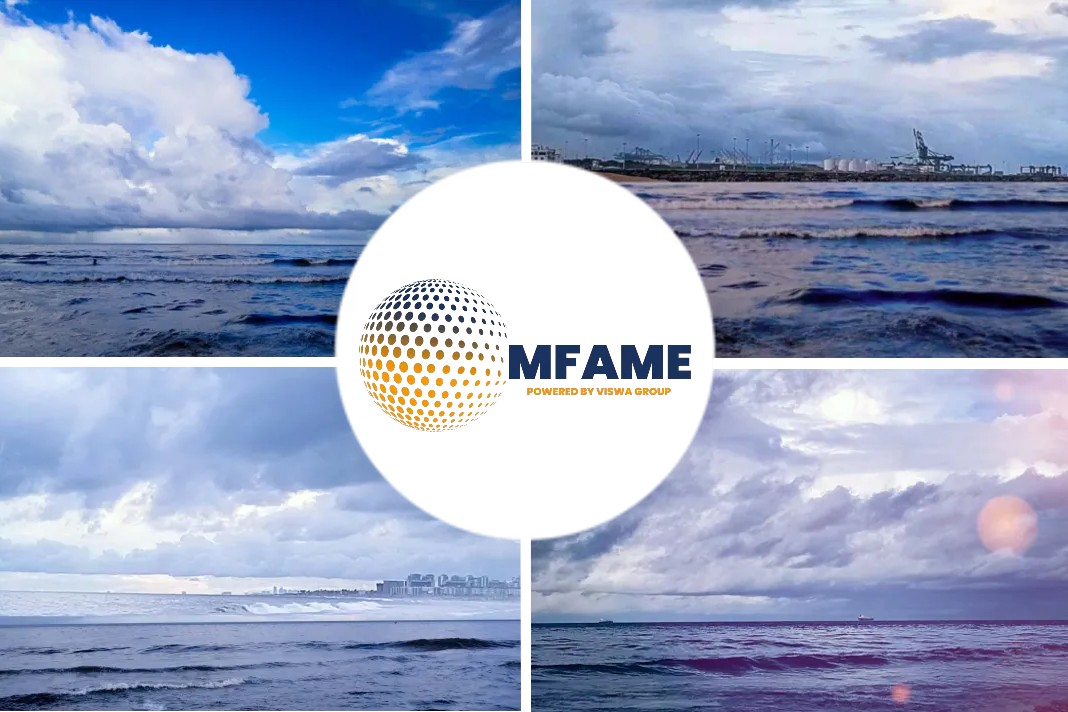We are all aware that our industry is going through a period of enormous change, driven by both regulatory and market forces. But much of this should not come as a complete surprise:
- Agreement on a global Sulphur cap of .5% occurred in 2008.
“The global cap on the content of sulphur in marine fuel by 2020 or 2025 was first agreed by acclamation in 2008. The sulphur limit for marine heavy fuel oil is 3,500 times higher than the limit for diesel used in Europe’s cars and trucks, making the shipping industry the world’s second biggest emitter of SO2 after China.”
– Transport and Environment - Work on the prevention of air pollution and control of greenhouse gas (GHG) emissions from ships engaged in international trade started within the IMO in the late 1980s. Although discussions on GHG emission from ships within IMO started in the late 1980s, it was the 1997 MARPOL Conference Resolution 8 on “CO2 emissions from ships” that triggered IMO’s work on GHG emissions.
Regulatory framework and Data Sharing
Establishing a regulatory framework is the first step, closely followed by the technology and procedures to meet them. But there may be a tool that the industry should consider that would both facilitate its progress and be as much as a seismic shift as the radicalization of emissions: the notion of data sharing outlined below by IBM data strategist Steven Adler.
“The value of any data is directly proportional to its utility – if you want to increase the value of data you have to increase its use,” Adler says. “One maritime organization collecting data for its own purposes can never maximize the value of that data.”
“Within the next three years the maritime and ocean industries will establish a culture of sharing data,” Adler predicts. “It’s inevitable. The benefits it will bring for sustainability, both environmentally and commercially, are simply too great to ignore. We have the infrastructure to do it today – it’s called the cloud – and the curiosity, talent and determination of countless millions of minds to extract real value from it. So, what are we waiting for? Let’s unleash the power of your data” says Steven Adler
MRV Data sharing Mandatory
In Europe, data sharing is mandatory relating to the MRV (monitoring, reporting and verification of emissions), and in January it will be required by the IMO’s DCS (Data Collection System). These are steps towards developing a strategy for reducing shipping’s impact.
But are there other ways in which shipping could better share its data to increase not only its sustainability but also for commercial benefit?
Tools are being developed to help shipping manage data. Let’s work on ways we can maximize their benefits to companies, and the industry as a whole. These are conversations we will be having at SHIPPINGInsight in October.
Did you subscribe for our daily newsletter?
It’s Free! Click here to Subscribe!
Source: SHIPPINGInsight
























